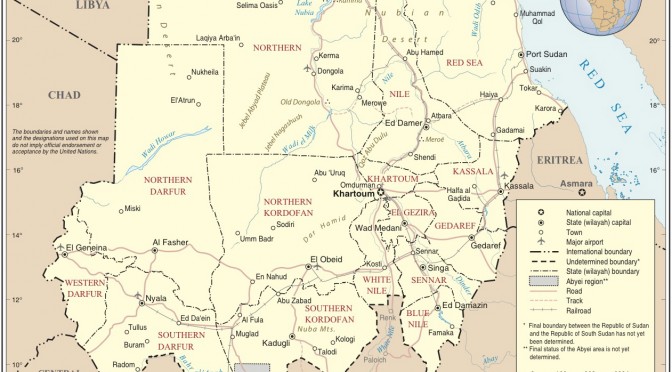The future of renewable energy in Sudan holds immense potential, with the country being endowed with abundant natural resources that can be harnessed for clean, sustainable power generation. However, the path to a greener future is fraught with challenges that need to be addressed in order to unlock the full potential of renewable energy in the country. This article delves into the opportunities and obstacles that lie ahead for Sudan in its quest to transition towards a sustainable energy future.
Sudan is blessed with an abundance of sunshine, with an average of 3,000 hours of sunlight per year, making it an ideal location for solar power generation. Additionally, the country has significant wind energy potential, particularly in the Red Sea region, where wind speeds are suitable for large-scale wind power generation. Furthermore, Sudan’s vast agricultural sector produces substantial amounts of biomass waste, which can be converted into bioenergy. These resources present a unique opportunity for Sudan to diversify its energy mix and reduce its dependence on fossil fuels.
The government of Sudan has recognized the importance of renewable energy and has taken steps to promote its development. In 2013, the Ministry of Water Resources, Irrigation, and Electricity formulated the Renewable Energy and Energy Efficiency Policy (REEEP), which aims to increase the share of renewable energy in the country’s energy mix to 20% by 2031. This policy provides a framework for the development of renewable energy projects and outlines incentives for private sector investment in the sector.
One of the most significant opportunities for renewable energy in Sudan lies in the electrification of rural areas. Currently, only about 35% of the country’s population has access to electricity, with the majority of those without access living in rural areas. Renewable energy technologies, such as solar home systems and mini-grids, can provide a cost-effective solution to this problem, as they can be deployed in remote areas without the need for expensive grid infrastructure. This would not only improve the quality of life for millions of Sudanese citizens but also stimulate economic growth and job creation in rural communities.
Despite the vast potential for renewable energy in Sudan, several challenges must be overcome to fully realize its benefits. One of the primary obstacles is the lack of adequate financing for renewable energy projects. Although the government has introduced incentives to attract private investment, the high upfront costs of renewable energy technologies and the perceived risks associated with investing in a developing country have deterred many potential investors.
Another challenge is the lack of technical expertise and skilled labor in the renewable energy sector. Sudan needs to invest in capacity building and training programs to develop a workforce capable of designing, installing, and maintaining renewable energy systems. This will require collaboration between the government, educational institutions, and international organizations to develop targeted training programs and foster knowledge transfer.
Moreover, the country’s political instability and ongoing conflicts have hindered the development of renewable energy projects. The security situation has made it difficult for international companies to operate in Sudan, and the government’s focus on addressing immediate security concerns has diverted resources away from long-term sustainable development initiatives.
In conclusion, the future of renewable energy in Sudan is filled with both challenges and opportunities. The country has immense potential to harness its abundant natural resources for clean, sustainable power generation, which could transform the lives of millions of its citizens and stimulate economic growth. However, to fully realize this potential, Sudan must overcome significant obstacles, including securing adequate financing, developing technical expertise, and addressing political instability. By doing so, Sudan can transition towards a greener, more sustainable energy future and serve as a model for other developing countries facing similar challenges.


